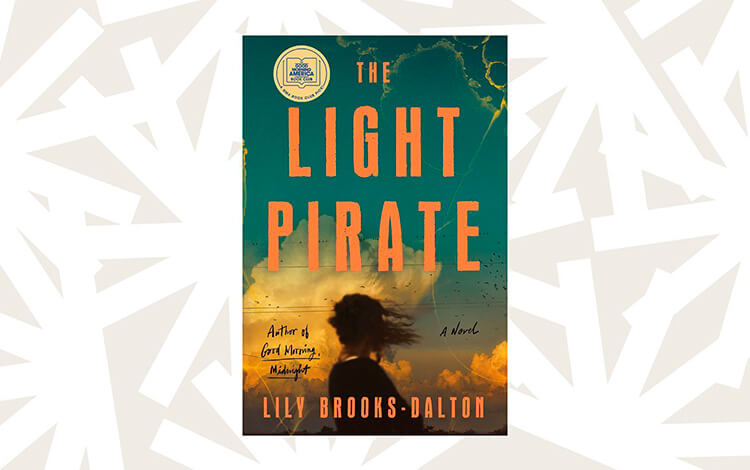How Jacqueline Susann and Jackie Collins Changed the Face of Publishing

During the Sixties, the landscape of book publishing
During the Sixties, the landscape of book publishing, much like the broader cultural shifts of the time, was in the midst of a profound transformation. This upheaval wasn`t just about the changing tastes of readers, but also about who held the power to decide what stories were worth telling. At the heart of this revolution were two trailblazing women: Jacqueline Susann and Jackie Collins. Their work not only redefined what could be considered popular literature, but it also broke down the barriers of a traditionally male-dominated industry, paving the way for a new era in publishing.
The Old Guard: A Gentleman`s Business
Before Susann and Collins made their mark, book publishing was largely seen as a refined, gentleman`s business. It was an industry populated by well-educated men of independent means, like Bennett Cerf, Horace Liveright, and Alfred A. Knopf. These men were devoted to Literature with a capital “L,” often choosing to publish works based on their literary merit rather than their commercial potential. For them, publishing was as much about cultural prestige as it was about sales, and they made decisions over long lunches and nurtured authors` careers over time.
However, this traditional approach began to shift in the late 1950s and early 1960s. The corporate world, with its focus on profit and marketability, started to take an interest in the book business. The merging of Alfred A. Knopf`s company into Random House in 1960 was a sign of things to come. The age of the gentleman publisher was giving way to a new era where the bottom line was king, and the kinds of books that sold millions of copies became the new gold standard.
Jacqueline Susann: A New Kind of Bestseller
Jacqueline Susann was one of the first to recognize and capitalize on this shift. With her 1966 novel Valley of the Dolls, Susann broke away from the literary norms of her predecessors. She crafted a thick, gossipy novel filled with scandalous scenes of drug abuse, unconventional sex, and characters inspired by real-life Hollywood stars. The novel`s content was radical for its time, especially in an era when courts were only just beginning to allow the publication of books previously banned for their explicit content, like Lady Chatterley`s Lover and Tropic of Cancer.
Valley of the Dolls wasn`t just a bestseller—it was a cultural phenomenon. But Susann didn`t achieve this through traditional channels. The print reviews were brutal; Time Magazine called it “a highly effective sedative.” However, Susann, with her background in film and television, understood the power of direct engagement with her audience. She bypassed the critics and went straight to the readers, using television appearances, book tours, and personal charm to sell her story. She didn`t just write a book; she created a brand, and in doing so, she demonstrated that commercial success could be achieved without the blessing of the literary elite.
Jackie Collins: Redefining Female Characters
A few years later, Jackie Collins followed in Susann`s footsteps, but with her own distinctive flair. Inspired by the success of Harold Robbins, whose sexy, soap opera-style novels were bestsellers despite critical disdain, Collins set out to write stories that centered on strong, ambitious women. She once criticized Robbins` work by saying, “My only criticism of his books was that his women were either in the kitchen or the bedroom.” Collins aimed to change that narrative.
Collins` novels were bold, unapologetic, and brimming with characters who took control of their lives both in the boardroom and the bedroom. Her women were not just objects of desire or secondary to male protagonists; they were powerful figures in their own right. They demanded as much from their men as they did from themselves, reflecting the changing roles of women in society while adding a touch of aspirational glamour.
Like Susann, Collins knew how to sell her work. She understood that readers were hungry for stories that reflected their own experiences, but with an added layer of excitement and intrigue. Her novels were more than just escapist fiction; they were a reflection of the shifting dynamics of gender and power in the real world.
The Legacy of Susann and Collins
Together, Jacqueline Susann and Jackie Collins did more than just write bestsellers—they changed the face of publishing. They showed that there was a massive audience for stories about women`s lives, and they proved that you didn`t need the approval of literary critics to achieve commercial success. They also paved the way for future generations of authors, particularly women, to write the stories they wanted to tell without being confined by the expectations of a male-dominated industry.
The impact of their work can still be felt today. The publishing industry continues to evolve, becoming more diverse and inclusive, a far cry from the exclusive gentleman`s club it once was. And while the landscape of publishing may change, the legacy of Jacqueline Susann and Jackie Collins will remain a testament to the power of women`s voices in shaping popular culture.





